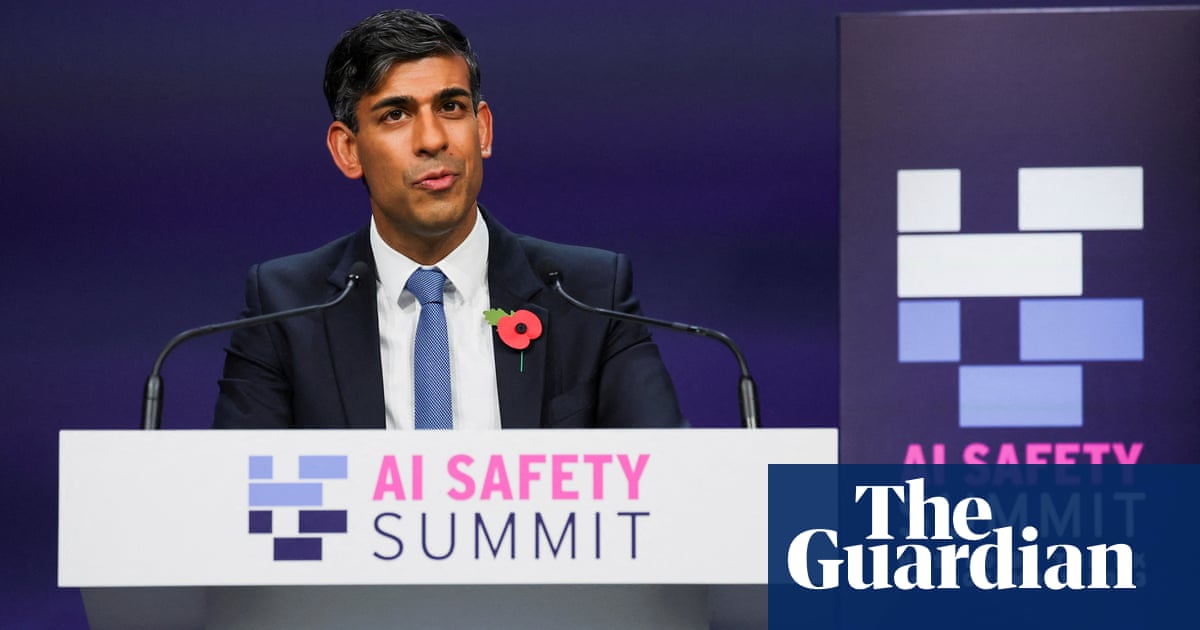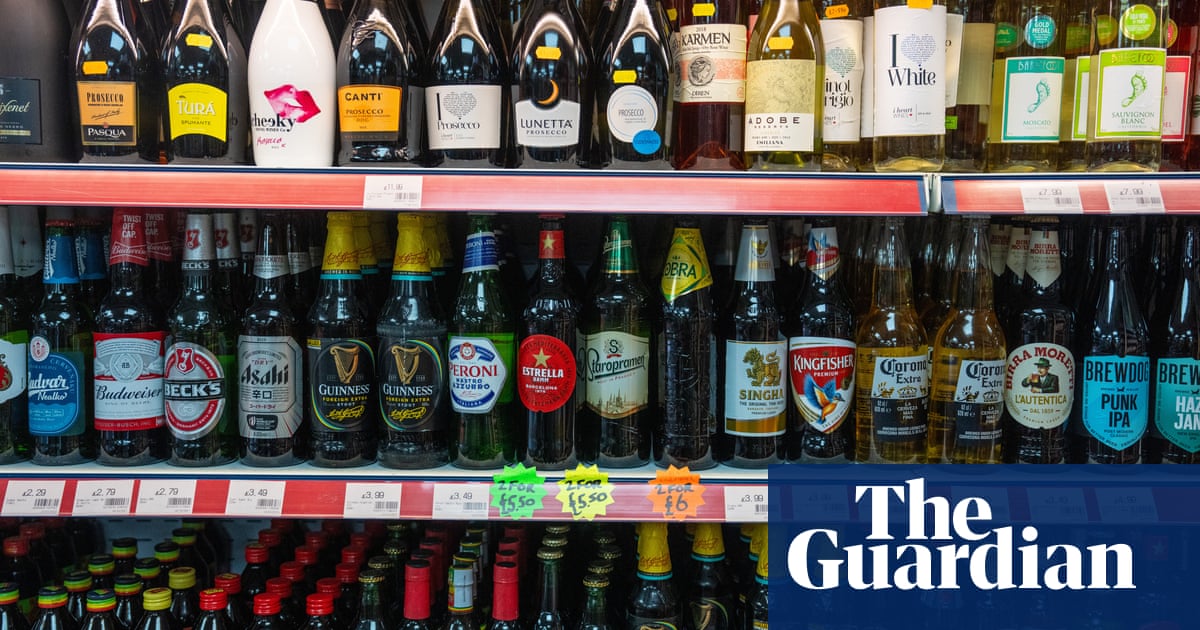
The Financial Times last month published an internal document of the world’s largest food company, Nestle, in which the firm admitted that more than 60 percent of its product portfolio failed to meet a “recognized definition of health” and that some of its products could never be “healthy,” irrespective of how much innovation is put into them.
It is hardly surprising that a large proportion of the world’s largest food company’s portfolio is unhealthy and could never be healthy, but what is surprising is that Nestle is doing precious little about it. It is happy to keep plying run-of-the-mill products to hapless consumers, aided by the smartest marketing gimmicks money can buy.
What is true of Nestle could easily be true of any large food company in any country in the world today. Despite promises of a wholesome, nutritious and healthy food portfolio, most companies continue to rely far too heavily on their best-selling products, almost none of which could pass muster should health authorities begin cracking down on unhealthy foods.
It is a surprise this practice continues in 2021, despite the fact healthcare has recently been the focal point of governmental activities in every single country across the world due to the coronavirus pandemic. Never has the entire world been glued to health as an issue for so long and in so much detail as now, with new medical terms being liberally tossed around so many dining table discussions.
Many people, at least those with the means, have begun adopting healthier lifestyles, moving toward a more wholesome diet and regular exercise. This shift has further boosted the rapidly growing, but still relatively small, organic and health food sector, which was gathering pace even before the outbreak of the pandemic.
A report published in March stated that the global organic food market is expected to grow from $202 billion in 2020 to $221 billion this year, and it could grow to $380 billion by 2025. This rapid growth is mainly due to rising concerns over the widespread use of dangerous chemicals in the form of pesticides and fertilizers, as well as the preservatives used to prolong the shelf life of food products, especially processed food, which is today the largest category of food sold in markets across the world. According to a report by the UN, about 200,000 people die every year due to pesticide poisoning.
Encouraging as this may be, organic food has its limitations and a short shelf life is just one of them. The biggest challenge remains its higher costs, since organic food is anywhere between 25 and 100 percent more expensive than non-organically produced food.
This price differential has long been the key hurdle preventing more widespread adoption of organic food products. It has become an almost insurmountable barrier for the vast majority of consumers around the world, especially since the global economy was pounded by pandemic-induced lockdowns that have rendered hundreds of millions of people jobless and pushed a similar number into poverty.
Thus, price has become an even more decisive factor in consumers opting against organic foods. Indeed, aside from organic produce, most countries have seen a sharp spike in the sales of the cheapest food products available, as most consumers seem unable to afford even the healthier options among non-organic foods.
A report last year said that the poorest 20 percent of UK households would need to spend more than 39 percent of their disposable income, after housing costs, to eat what the government recommended in its “Eatwell Guide.” In 2019, the average cost of healthy foods in the UK was £7.68 ($10.83), compared to £2.48 for less healthy food of the same calorific value. This is the biggest challenge for consumers and governments alike. Since it is very easy to buy foods with plenty of calories, but little else, many consumers are forced to go for them, leaving out fruits and vegetables, which are nutrient-rich and crucial for a balanced diet.
As the pandemic leaves many more consumers desperately hunting to put the cheapest food on their tables, companies like Nestle have an even greater incentive to supply unhealthy products, leaving the migration of their portfolio toward the healthier end of the spectrum for another day.
This is where governments need to step in and nudge, or even force, companies to move more rapidly and in a time-bound manner toward supplying healthy products, while keeping them affordable. Until now, policymakers have been watching from the sidelines, letting the industry play by its own rules. This is despite a large volume of scientific evidence collected from across the globe about the harm unhealthy food does to humans, with the costs that society, and ultimately citizens, have to pay for healthcare being astoundingly high and rising every year.
Until now, policymakers have been watching from the sidelines, letting the industry play by its own rules.
Ranvir S. Nayar
Hence, it is time for governments to crack down on such unhealthy products and practices across the board. Poor diet is estimated to account for some 11 million deaths each year and about 15 percent of productivity loss due to ill health. The incidence of obesity, diabetes, hypertension and a whole range of severe diseases have risen sharply across the world. A study by Boston University in 2017 found that poor eating habits cost the US $50 billion each year and accounted for 18 percent of heart disease, stroke and type 2 diabetes cases. The data would be even more alarming for developing countries.
Over the past several decades — much like the tobacco industry — the food business has knowingly caused immense harm to humankind while building networks that generate hundreds of billions of dollars in profits each year. But the cost society has been paying and will pay over time is much higher than that, again much like with the tobacco business. Regulators cannot afford to watch from the sidelines any longer. Clear policies and strong disincentives, like hefty sugar or fat taxes, need to be put in place if people are to be sure that the next meal they eat will be nutritional, not poisonous.
Ranvir S. Nayar is the managing editor of Media India Group.
Disclaimer: Views expressed by writers in this section are their own and do not necessarily reflect Arab News" point-of-view











